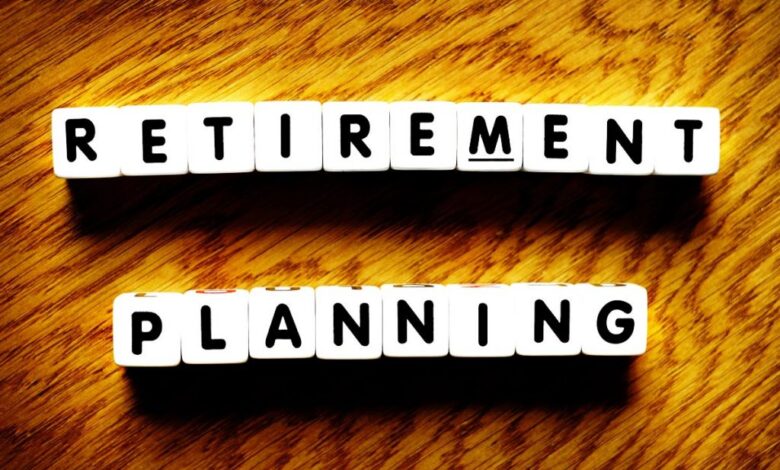Retirement Planning Essentials

Are you approaching retirement age? Have you started planning for it yet? Retirement can be a very fulfilling time in life, but it’s important to start planning for it well in advance. This blog post will discuss some essential retirement planning tips that everyone should know. So if you’re nearing or are already in retirement, make sure to read on!
One of the most important things to do when retirement planning is to make sure that you have a solid financial foundation. This means saving up as much money as possible and investing it wisely. Many people make the mistake of thinking that they can just stop working and live off their savings, but this is often not the case. It’s important to have a steady stream of income in retirement so that you can maintain your lifestyle and support yourself. A good way to achieve this is by investing in a retirement annuity, pension plan, or LIRP.
There are a number of different ways to save for retirement, and the best way for you will depend on your individual circumstances. However, there are some general tips that can help you get started.
One of the best ways to save for retirement is to start early. The earlier you begin saving for retirement, the more time your money has to grow. Doing this should allow you to save significantly more assets for retirement. Contributing money each month towards your retirement will add up over time.
Another important tip is to make sure that you are contributing to a retirement account that offers tax advantages. This includes 401(k)s and IRAs. By contributing to these types of accounts, you can reduce your current taxable income and potentially lower your taxes in retirement.
It is also important to diversify your retirement savings. This means having a mix of different types of assets, such as stocks, bonds, life insurance, and cash. This will help you protect your savings against market volatility and ensure that you have the money you need in retirement.
Another crucial element of retirement planning is to make sure that you have enough health insurance coverage. This is especially important if you’re retired and no longer have an employer-sponsored health plan. Make sure to research your options and get the best coverage that you can afford. This will help you avoid any financial surprises down the road.
One of the key things to consider when planning for retirement is how inflation will impact your income.
Inflation can have a significant impact on your ability to maintain your standard of living in retirement. For example, let’s say you retire at age 65 with a nest egg of $1 million. If inflation averages 3% per year, then in just 10 years, the purchasing power of your $1 million will be reduced to just $723,000. In 20 years, it will be worth just $524,000.
To help offset the effects of inflation, you’ll need to plan on increasing your retirement income over time. One way to do this is to invest in assets that have the potential to grow at a rate that outpaces inflation. Another option is to purchase an annuity that provides you with a fixed stream of income that increases each year to keep pace with inflation.
No matter what strategy you use, it’s important to be aware of how inflation can impact your retirement plans and take steps to protect your income against its eroding effects.
Finally, it’s also important to think about your mental and emotional health in retirement. Many people find that they have more time on their hands after they retire. This can be both a good and bad thing. It’s important to stay active and engaged so that you don’t get bored or lonely. Find hobbies or activities that you enjoy and make sure to socialize with friends and family members. Retirement can be a great time in life, but it’s important to plan for it carefully. By following these tips, you can set yourself up for a smooth and enjoyable transition into retirement living.
For more valuable information visit this website
